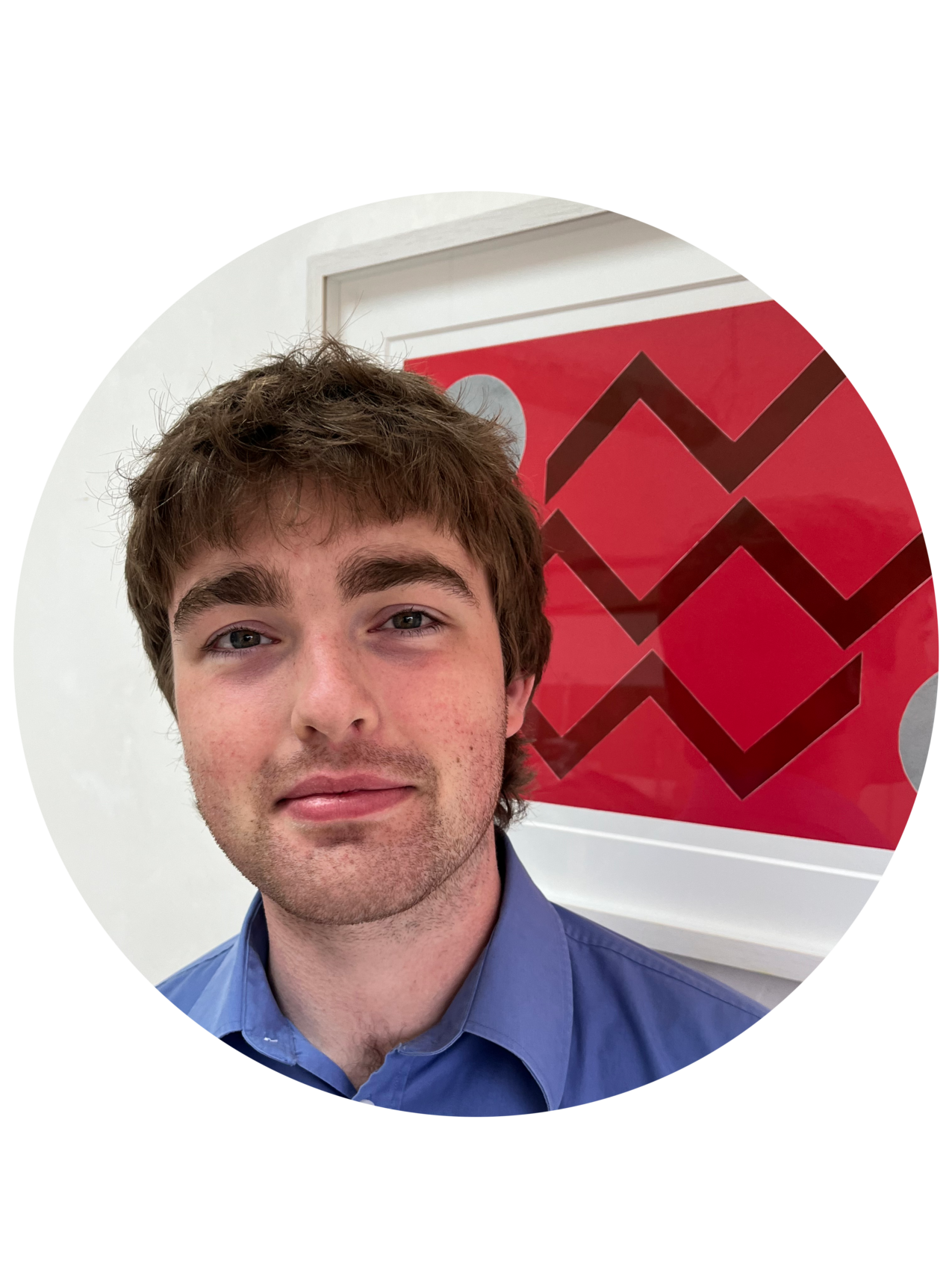
Nathan Davies
Nathan Davies was born on the 8th of October 2003 and grew up in Brighton, East Sussex. He spent much of his childhood in surrounding forrests and near the sea and so developed a sensitised perception towards his natural environment . Artistic expression was always encouraged at a young age with his mother holding a degree in ceramics and glassblowing.
He pursued A-Levels at BHASVIC College, achieving an A* in Graphic Design. Following on, he attended Brighton Metropolitan Collage to complete his foundation year in art and design. It was during this time that he was first introduced to a print studio, and subsequently completed his first monoprint of a letterform; experimenting with colour, material and manipulation of medium. This experience sparked a fascination with colour, material, and the manipulation of medium, leading him to spend extensive time refining his skills in manual printing techniques.
He is now studying a BA in Graphic Communication Design at Central Saint Martins. Where he continues to develop his knowledge in printmaking, especially in silkscreen printing. “At the moment, I like to believe my work is orientated around the idea of ‘resurrection’. Of memory, emotion, scenario and place.”
